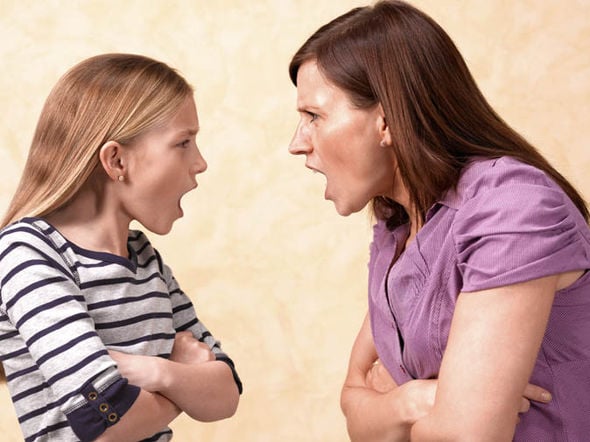70% of girls face loneliness, new survey finds.
A recent study by the Girl Scouts of the USA reveals that the loneliness epidemic is affecting not only adults and teens but also young girls. Surveying 1000 American girls aged 5 to 13, the research found that nearly 70% have experienced feelings of loneliness. This loneliness tends to increase with age, with 64% of girls aged 5 to 7, 67% of girls aged 8 to 10, and 73% of girls aged 11 to 13 reporting such feelings.
Experts attribute this trend to various factors, including the impact of the pandemic and increased screen time. Sarah Keating, vice president of girl and volunteer experience at Girl Scouts, suggests that pandemic-related isolation has hindered girls’ ability to develop social skills and form friendships. Additionally, Dr. Christine Crawford, associate medical director of National Alliance on Mental Illness, notes that excessive screen time can further isolate individuals, preventing real-life interactions essential for social development.
The consequences of loneliness on young girls’ self-esteem are evident. As girls grow older and experience more loneliness, their confidence levels decline. The study found that while 86% of girls aged 5 to 7 believed in their ability to overcome challenges, this percentage decreased to 80% among 8 to 10-year-olds and further dropped to 73% among 11 to 13-year-olds.
Recognizing signs of loneliness in children can be challenging, as young children may not always articulate their feelings. However, signs such as creating imaginary friends, clinginess, timidity, or changes in behavior can indicate loneliness. Dr. Crawford advises caregivers to observe changes in a child’s functioning, such as decreased engagement with family members or reluctance to participate in social activities.
To address loneliness in children, Dr. Crawford emphasizes the importance of open communication. Caregivers should initiate conversations about loneliness, allowing children to express their feelings and suggest ways to alleviate them. Encouraging children to share their experiences and validating their emotions can foster a supportive environment for emotional growth.
Overall, addressing loneliness in young girls requires proactive steps from parents and caregivers. By fostering open dialogue, understanding signs of loneliness, and providing appropriate support, caregivers can help combat the negative effects of loneliness on children’s well-being and development.
Re-reported from the article originally published in She knows.









